Fertilizer or ? to help tree withstand borderline zone temps?
fireweed22
9 years ago
Related Stories

GARDENING GUIDESGet on a Composting Kick (Hello, Free Fertilizer!)
Quit shelling out for pricey substitutes that aren’t even as good. Here’s how to give your soil the best while lightening your trash load
Full Story
GARDENING GUIDESHow to Keep Your Citrus Trees Well Fed and Healthy
Ripe for some citrus fertilizer know-how? This mini guide will help your lemon, orange and grapefruit trees flourish
Full Story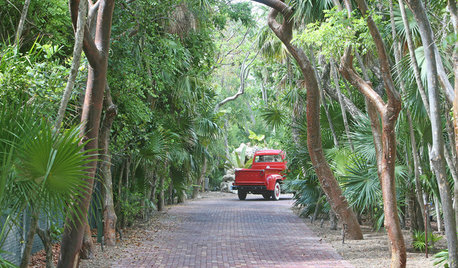
LANDSCAPE DESIGNThe Unparalleled Power of Trees
Discover the beauty and magic of trees, and why a landscape without them just isn't the same
Full Story
GARDENING GUIDESCommon Myths That May Be Hurting Your Garden
Discover the truth about fertilizer, soil, staking and more to keep your plants healthy and happy
Full Story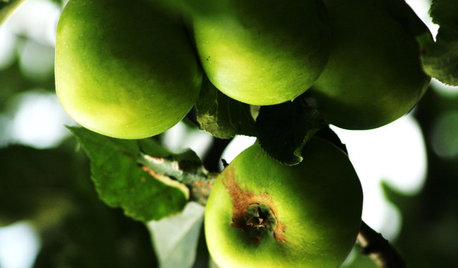
EDIBLE GARDENSHow to Add an Apple Tree to Your Edible Garden
Readily available, beautiful and fragrant, apple trees offer four-season interest along with crisp, juicy fruit
Full Story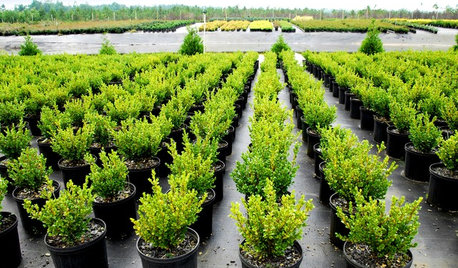
TREESHow to Buy Healthy Trees and Shrubs
A healthy young plant with a strong form is more likely to do well in your yard. Here’s what to look for at the nursery
Full Story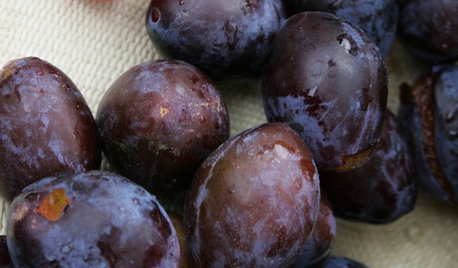
FRUIT TREESHow to Grow Your Own Juicy Plums
Easier than other stone fruits and with a variety of colors to choose from, plums are a versatile garden addition
Full Story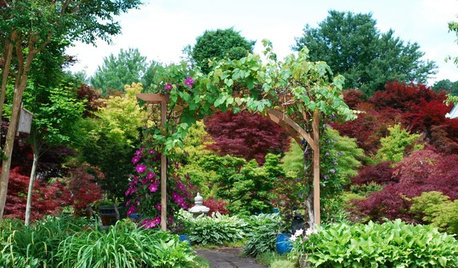
GARDENING GUIDES12 Japanese Maples for a Sunny Garden
The right maple in the right place shines in hot summer sun
Full Story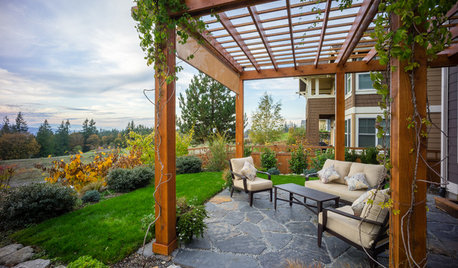
FALL GARDENINGWhy Fall Is the Best Time for Planting
Spring is overrated for planting. Starting plants in autumn has advantages for both garden and gardener
Full Story
GARDENING GUIDESGarden Myths to Debunk as You Dig This Fall and Rest Over Winter
Termites hate wood mulch, don’t amend soil for trees, avoid gravel in planters — and more nuggets of garden wisdom
Full Story





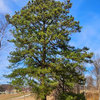
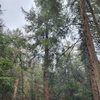
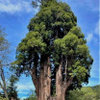

ken_adrian Adrian MI cold Z5
fireweed22Original Author
Related Professionals
Camas Landscape Architects & Landscape Designers · Alpharetta Landscape Contractors · Bound Brook Landscape Contractors · Chattanooga Landscape Contractors · Emmaus Landscape Contractors · Fishers Landscape Contractors · Live Oak Landscape Contractors · Miller Place Landscape Contractors · North Ridgeville Landscape Contractors · Saint George Landscape Contractors · Seminole Landscape Contractors · View Park-Windsor Hills Landscape Contractors · Woodbury Landscape Contractors · Winter Gardens Landscape Contractors · Goldenrod Landscape ContractorsToronado3800 Zone 6 St Louis
Smivies (Ontario - 5b)
wisconsitom
Embothrium
greenman28 NorCal 7b/8a